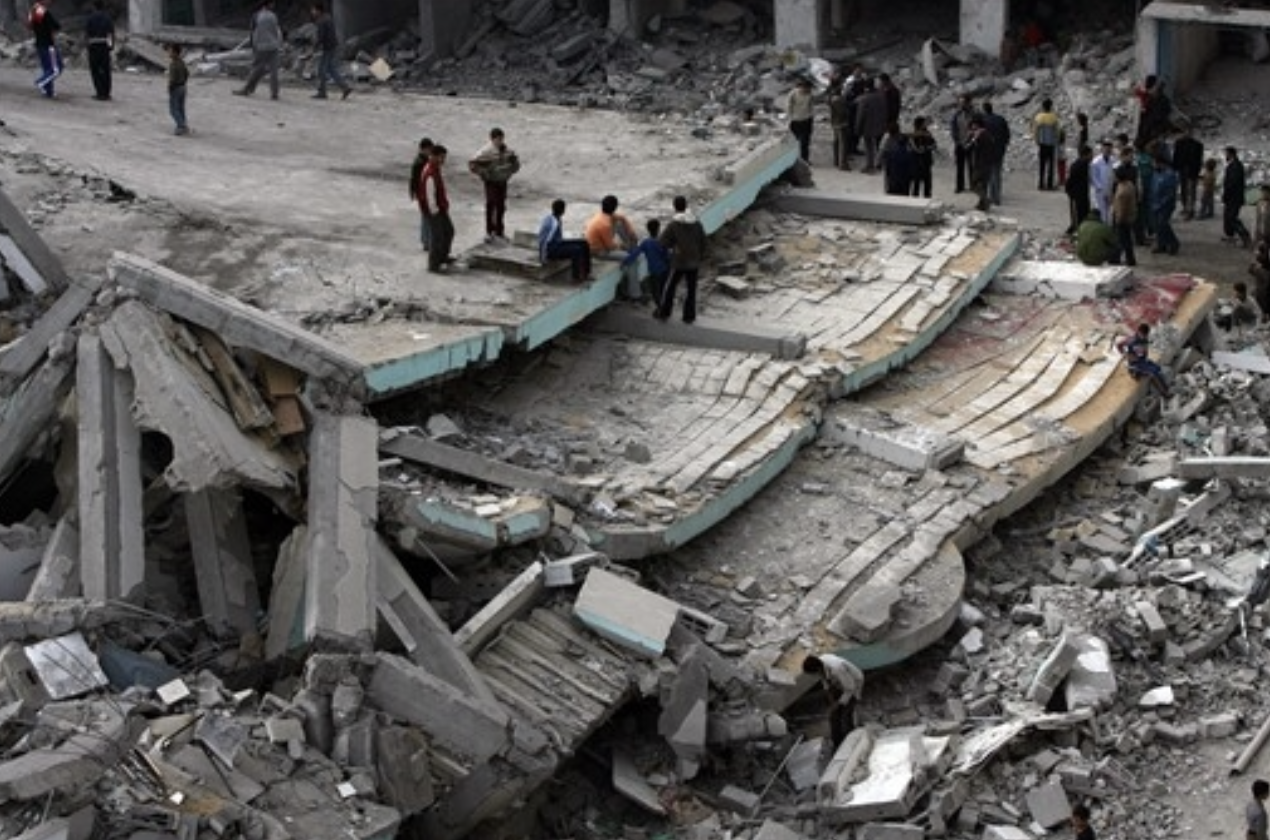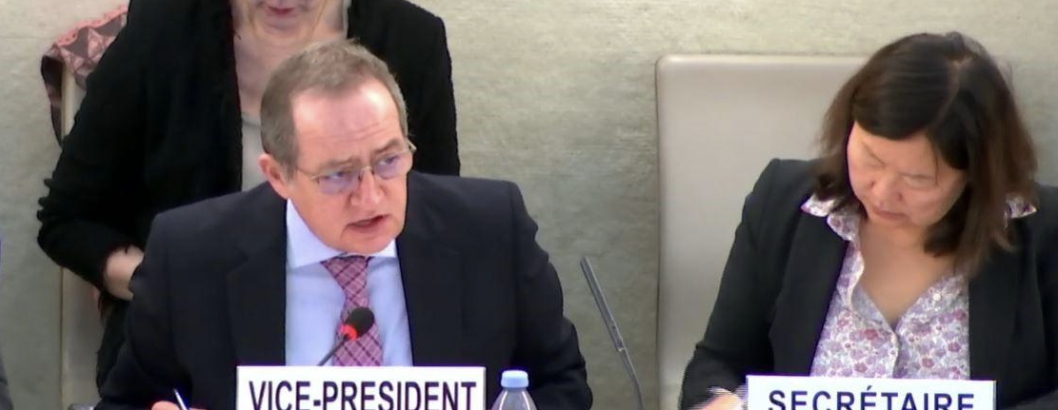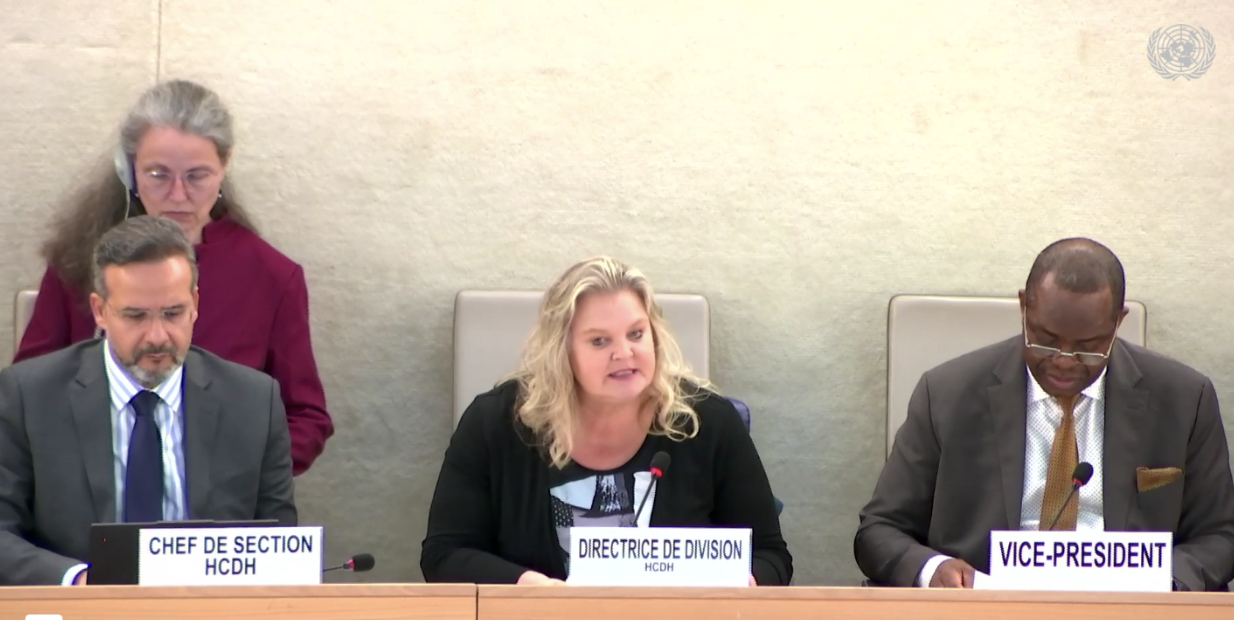01 March 2018
By: Anthony Ayrouth

 Since 2014, we have joined together to celebrate Zero Discrimination Day on 1 March. This annual event is marked world-wide following the launch of Zero Discrimination Campaign on World AIDS Day in December 2013 by UNAIDS, a UN program on human immunodeficiency virus (HIV) and Acquired Immune Deficiency Syndrome (AIDS).
Since 2014, we have joined together to celebrate Zero Discrimination Day on 1 March. This annual event is marked world-wide following the launch of Zero Discrimination Campaign on World AIDS Day in December 2013 by UNAIDS, a UN program on human immunodeficiency virus (HIV) and Acquired Immune Deficiency Syndrome (AIDS).

Equality is core element of human dignity. The concept of non-discrimination represents fundamental principle of international human rights law that provides legal framework for respect of all persons and their freedoms without distinction of any kind. However, many persons are excluded, marginalized and restricted in their human rights based on grounds of race, colour, national, ethnic or social origin, language, sex, religion, political or other opinion, descent, birth, caste, age, disability, health status, migration status, sexual orientation or gender identity. Discrimination continues to cause pain and suffering for many HIV-diagnosed persons.

Individuals with HIV are human beings and still have rights. Being diagnosed with HIV does not deprive anyone of their rights, nor does it mean they should be subjected to respect for them being diminished. Simply interacting with them in a respectful manner will not infect you. HIV positive people’s quality of life is decreasing daily, and therefore they are in need of all the social support they can get. Being disrespectful to them simply because of a potentially life threatening disease is unacceptable and will not help them. Respect them and learn to accept them into your groups because the only differences between you and them are on a cellular level. They should be accepted regardless of their health conditions and their human rights respected, including social integration.

Knowing you have a life-threatening disease will take its toll on anyone. Bullying another person because of thisjust makes their life even harder than it is. Beresponsible and contribute to promotion, respect and fullfillment of their human rights. Unfortunately, it is not just in everyday life where people are bullied for having HIV. Eight children were denied the opportunity to attend school in the UK. Students and parents discovered HIV students’ medical diagnosis and parents were asked to withdraw their students or other students (without HIV), teachers, and even administrators bullied students with HIV positive symptoms into leaving the school. Incidents like these can negatively affect an individuals future as well as their mental health in the long term, so it is better to educate people more on what HIV is as many people don’t know it isn’t contagious outside of sexual contact . This leads to bullying a lot of the time and so proper education on it could help ease the pressure on affected individuals who are usually bullied.

The right to health is guaranteed under the international human rights law. The state has an obligation to ensure access to healthcare services. In particular, HIV services should be easily accessible to anyone who needs them. These services could help greatly to increase the quality of life of an individual. Today, there are better medications to keep the virus from building up antibodies in the blood stream and overwhelming an individual’s body. Researchers know more about both HIV and AIDS than they did when the disease first surfaced, and the first cases were reported in 1981. Treatments slow the growth of the disease, keeping it from progressing into AIDS as quickly. This allows children and teens with HIV to remain symptom-free longer and have more time before must confront an AIDS diagnosis. Individuals may be embarrassed or feel stigmatised due to their HIV diagnosis, and this can prevent them from disclosing their condition and accessing treatment. Raising public awareness on the subject will enable understanding and lead to an increase of patients’ confidence. Making sure the treatments are affordable is also extremely important, as around three quarters of all HIV cases are in the developing world with high rates of poverty. Having affordable treatment could be the difference between life and death for these individuals.
International Days of Remembrance articles by GICJ:
|
|
|
|
|
|
|
|||||
| International Migrants Day |







